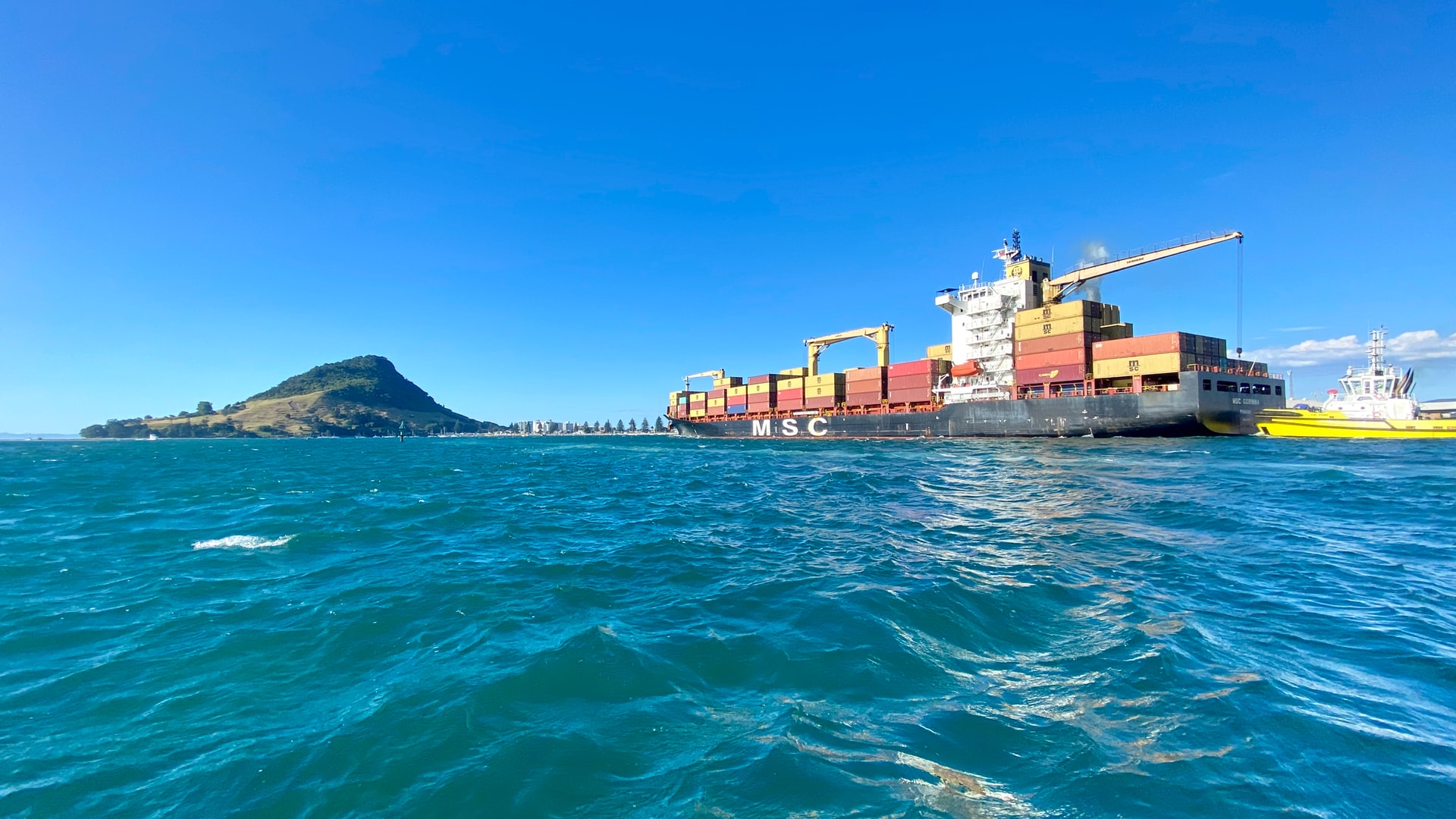The Role of RCEP in the Post-COVID Recovery
The Regional Comprehensive Economic Partnership (RCEP) is a major regional trade agreement that was signed by 11 countries in November 2020. It came into effect on 1 January 2022. According to the Asian Development Bank, this free trade agreement (FTA) will account for 31% of global GDP output and 30% of the world’s population. In US dollar terms, it corresponds to a staggering $26.1 trillion of trade, and is far larger in scale than other FTAs currently in effect.
However, the development of new trade accords spanning continents and cultures often need several years of growth, development, and even good news to prosper. COVID-19 managed to halt progress across the world in almost every aspect of life. Yet, several of the RCEP’s key elements hold potential to boost the region’s post-pandemic recovery and sustain growth over the long-term. In this context, how will RCEP’s Asian member states extend their trust to other members to achieve their goals? What are their new agendas post-COVID? Will their accords lead to deepening economic partnerships?
Horasis is organizing the Horasis Global Meeting on 19 May 2022 to examine and evaluate such developments. The one-day virtual event will see participation from a diverse range of people, spanning members of governments, businesses, academia, and the media. The goal is to deliberate on pressing issues that undermine progress and arrive at actionable solutions that can ensure shared prosperity.
Key Areas Where the RCEP Will Aid Recovery
The RCEP prioritizes trade liberalization. The agreement’s framework outlines that an estimated 92% of goods will attract lower tariffs for a specific time duration. Additionally, 65% of service-related spheres—spanning financial services and telecommunications, among others—will be open for RCEP members.
A second priority area is regional investment. Prior to the pandemic, investment within RCEP member economies totaled $122 billion. This was higher than the figures registered for most other FTAs and was surpassed only by the European Union; its total trade amounted to $414 billion. With the RCEP now in effect, regional investment activity is expected to register a significant increase. It is perhaps a case of ‘opportune timing’, given how increased investments into the region will serve as a shot in the arm for a post-pandemic recovery. With two years of stagnancy and losses to be offset, the RCEP holds immense promise in spearheading the post-COVID recovery.
A third key area, and one whose centrality was underscored during the pandemic, is the digital economy. RCEP members concurred on the need to implement trade that was built on robust ICT infrastructure. There are also no restrictions on data exchanges across borders. A further advantage for businesses, and especially for tech-based organizations, is the less severe approach taken towards data localization.
The e-commerce sector, therefore, will be a key beneficiary and SMEs, as a result, are well placed to take advantage of the benefits the RCEP extends. Businesses and individuals in member states must apprise themselves of the scope of this FTA, and seek out areas that will most benefit their areas of expertise. Several trends that were an outcome of pandemic-led restrictions—such as a shift to online grocery shopping or remote work—will stick. The opportunities that the digital economy presents must, therefore, be fully leveraged.
Will the RCEP Deepen Regional Ties?
In most economies now, COVID-19 is categorized as an endemic – meaning it will continue to remain and we must learn to live with it. The onus is now on individuals to maintain safety measures to safeguard against it. This is indeed welcome news for millions of individuals and businesses that have sustained major economic crunches for two years.
Meanwhile, the RCEP was signed into effect at a time when several global leaders stated, time and again, the need to reshore their overseas manufacturing facilities and become ‘self-reliant’. Many also opine that the era of globalization is waning. Furthermore, just as some semblance of normalcy was being restored, a bitter conflict broke out in Europe. It is the most severe act of aggression on the continent in over seven decades. The question that emerges here is whether trade deals between economies hold potential to trump security issues? More importantly, what are possible outcomes of sanctions being placed on Russia by RCEP members?
Singapore, for example, has announced sanctions on Russian firms while China—also a key RCEP member—has chosen to remain neutral. For businesses, these are tricky times to navigate.
Extending Trust
Given the prevailing geopolitical complexities, RCEP members must move ahead with transparency. They must clearly disclose their agendas to other member states and minimize ambiguity in their security and foreign policy outlooks. Trade agreements, defense alliances, or even relationships at a bilateral level, are built on trust. Trust is the foundation that will steer all members towards ensuring mutually beneficial outcomes.
Photo Caption: A cargo ship arrives at Tauranga, New Zealand.



